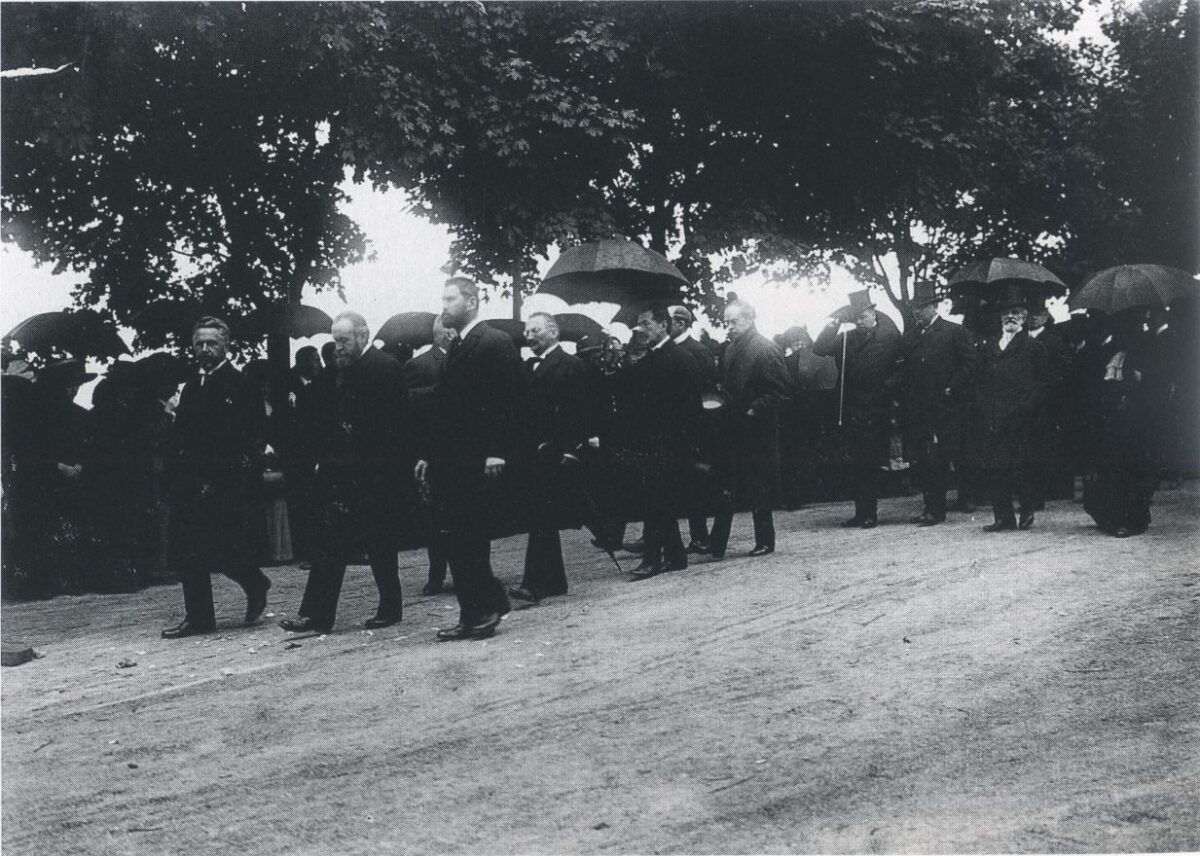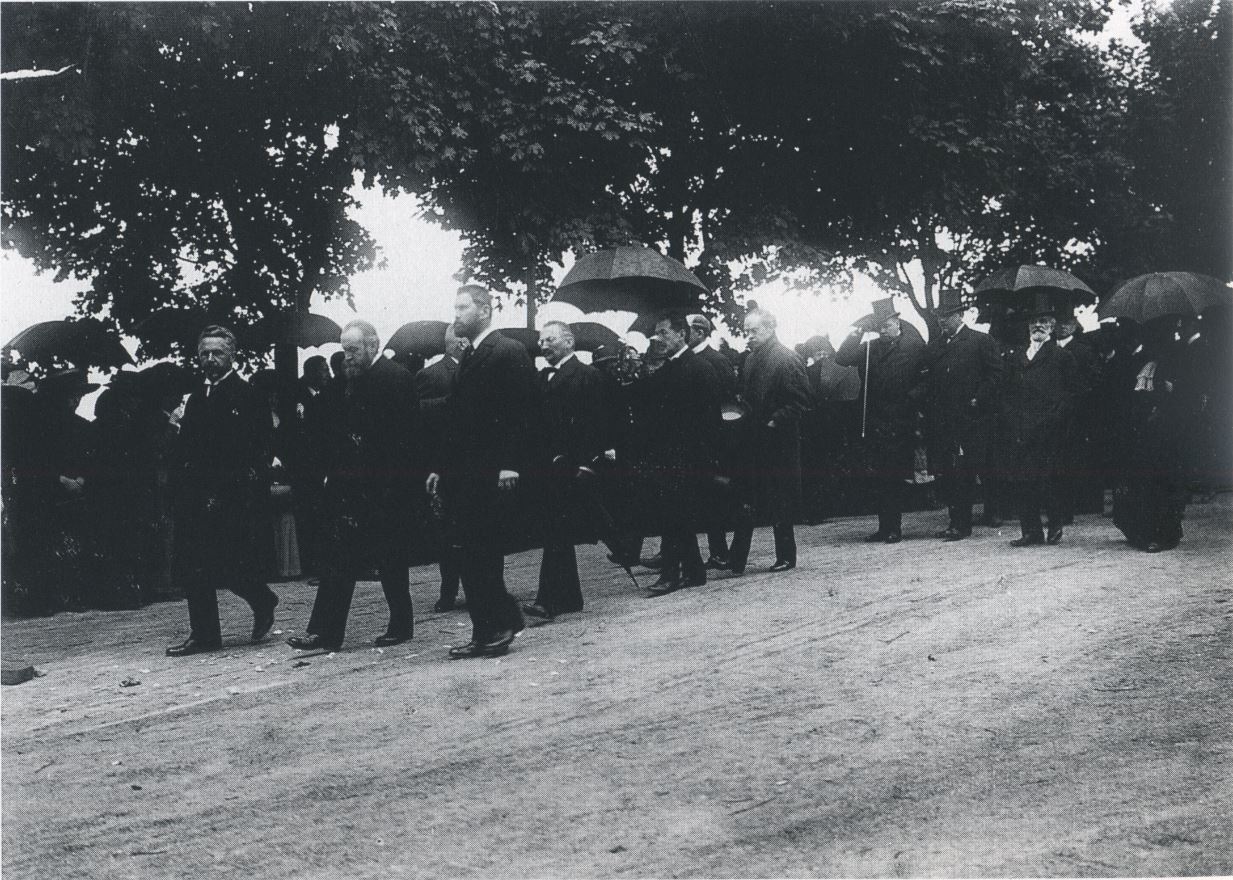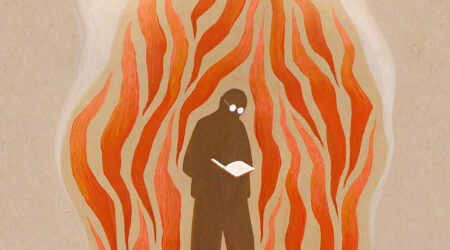Translated into English for the first time, a new collection of 15 essays by Stefan Zweig reflects the writer’s range of enthusiasms and interests, including this lovely paean to Gustav Mahler.
To have observed him on the street, in the coffee house, in the theatre, always from a distance, itself counted as a small victory, he was so much loved, so much revered. Even today his image is awake in me, as few others; I recall every time I encountered him from a distance. He was always different yet always the same, because he was perpetually enlivened by the ferocity of spiritual expression. I see him now in rehearsal: furious, twitching, shrieking, irritable, suffering from all number of inadequacies as if from physical pain; and seeing him once absorbed in a jovial conversation on the street, this too was elemental, the childlike cheerfulness that Grillparzer ascribes to Beethoven (and certain of whose grainy lines have found their way into the symphonies). He was always carried away by an inner force, always animated by the whole. But most unforgettable is the final time I saw him, for I have never felt so keenly, with all the senses, the heroism of the man. I was travelling back from America and he happened to be aboard the same ship and he was dying, a dying man. Early spring was in the air, the crossing was gentle, the waves light on the sea, there were just a handful of us gathered together… We should have been in high spirits, but down below, somewhere deep in the bowels of the ship, he lay dying in his wife’s arms, and we felt it like a shadow cast over our light-hearted day. Sometimes, when we laughed, someone would say, ‘Mahler, poor Mahler!’ and we fell silent. Down there he lay, the lost one, burning with fever, and only the tiny, bright flame of his life flickered up on deck in the open air: his child, carefree at play, blissful and unaware. But we, we knew, sensed the grave beneath our feet. And then the landing at Cherbourg: In the tugboat which ferried us in, I finally saw him: he lay there, pale as one already in the grip of death, inanimate, with closed lids. The breeze had swept his greying hair to one side, his arched brow projected clearly and boldly, and below was that firm chin, where the power of his will sat. The withered hands lay folded on the blanket, for the first time I really saw him, the fiery one, enfeebled. But this silhouette, unforgettable, unforgettable! was set against a grey infinitude of sky and sea, immeasurable grief was in this gaze but also something transfigured by greatness, something that faded into the sublime, like music. I knew then that I had witnessed him for the last time. Emotion drew me close, diffidence held me back; from a distance I only had to gaze on him, as if in seeing him I could in some way be welcomed by him and be thankful. Ripples of muffled music drifted over me, I thought of Tristan, the wounds of death, the homecoming to Kareol, his father’s castle, but this was more profound, more beautiful, more transfigured. I found the melody and the words in his work, long since created, but only at that moment fulfilled, the death-blessed godlike melody in the ‘Song of the Earth’, to the words, ‘I will never wander into the distance … silent is my heart and awaits its hour.’ Now they are as one to me, these almost spectral sounds and this vision, an image gone but never forgotten.
Excerpted from Encounters and Destinies: A Farewell to Europe, a collection of essays by Stefan Zweig, translated by Will Stone, and published by Pushkin Press.






